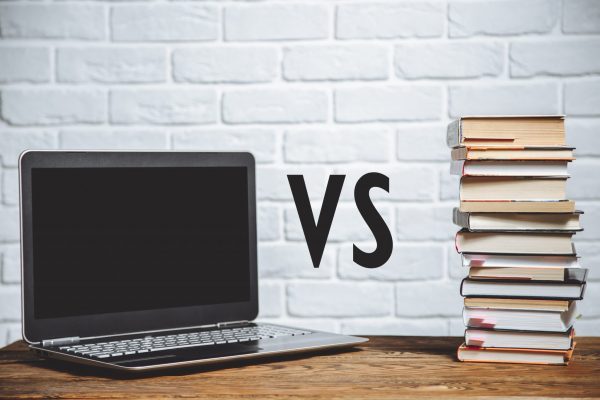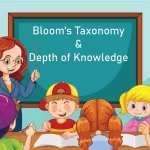‘Online learning or traditional learning’ is an ever-growing conflict among educationists. While some prefer traditional learning in the brick-mortar vicinity, others vouch for the new day’s online learning. Weighing the pros and cons of both mediums is important to understand which one is a better way of imparting knowledge in today’s fast-pacing world. As discussed earlier in Online Learning vs Traditional Learning: An Introduction, traditional learning involves more conventional methods of teaching and learning that focus on a thorough understanding of the curriculum. However, online learning imparts knowledge through online mediums and is more learner-specific. Outweighing one over the other is not as easy as it seems in this context. This article examines if online learning has any overpowering effectiveness over traditional learning.
Benefits of Online Learning

Online learning is being widely accepted as a new technology-based approach to learning. The potential benefits it provides to the participants are what makes it stand out in comparison to the traditional learning method. Following are some of the benefits of online learning.
1. Flexible Schedule
Unlike traditional learning, online learning classes are flexible in schedule. The participants are free to access a course whenever they want, without having to commute to the class. Moreover, it gives them the freedom to move ahead with the course at their own pace.
2. Low Cost
Online learning is a cost-effective approach compared to traditional learning. It does not require specific infrastructure for setting up a class. In fact, participants can access the courses and learn from the comfort of their homes.
3. Easily Accessible
An online course is open and available to all. There’s no constraint on the participants to opt for a certain subject. The learners can freely choose from a wide range of courses. This allows them to pursue their interests and develop skills. Moreover, participants can revisit an online class in case they miss any.
4. Saves Time
The participants can access a class in no time without having to waste time traveling. Also, all the learning material and notes are available in digital format, so there is no need to waste time jotting down everything. Consequently, participants can pay complete attention to the course content.
5. Reduces Teacher Dependence
With all the learning materials available online, dependence on the teacher lessens. Participants can access a course on their own and learn through interactive content even without the guidance of a teacher.
6. Familiarity with Technology
With the Internet placing everyone on a global stage with high levels of competition, familiarity with technology becomes very important. Thus, acquiring as many skills increases the chances of selection for a job.
7. Interactive Content
Digital content works better at engaging the learners. Content designed with LMS is much more interactive and can be used to learn various concepts, which cannot otherwise be taught in a traditional learning classroom setting.
8. More Learning & Retention
Multimedia content allows the learners to move ahead in learning at their own pace. It also allows them to quickly cover the concepts they are already familiar with, without having to wait for other learners to reach that level. Additionally, multimedia content provides experiential learning by witnessing situations in a virtual setting, thus promoting better retention.
9. Frequent Assessment & Feedback
Learning Management Software (LMS) is programmed to incorporate tests, quizzes, and other assessment exercises at regular intervals in the course content. The LMS records and stores the results of the tests digitally. It further helps in quick and easy assessment and feedback for the learners.
10. The Greener Option
Online learning makes use of the Internet and other digital resources for every purpose. It eliminates manual pen and paperwork and uses technology to create and store content. Thus, it works as a sustainable approach to learning and helps make the earth greener by eliminating the use of stationery.
Is Online Learning Better?: A Final Note
So, the answer to the question, ‘Is online learning better than traditional learning?’ can be summed up as follows:
Online learning undoubtedly proves to be better than traditional learning in many ways. It caters to the different learning needs of the participants and provides a personalized learning experience. Moreover, it opens endless possibilities for learners to explore different subjects and topics in a free learning environment, where there is never a dearth of information and resources.
Along with this, it is beneficial particularly for the learners who want to spread their wings and dive into the ocean of opportunities by learning as many things as possible at once, without having to spend time searching and traveling to a class. Additionally, the fact that it works much better at engaging learners and provides longer retention in comparison to traditional learning adds another reason to the list for considering it as an alternative.
While online learning is beneficial in many ways, we must not regard traditional learning as an old and unfruitful method of learning. It has its own benefits which cannot always be found in online learning. Conventionally, educators and Instructional Designers consider online learning to be an additive to traditional learning and not a replacement.
Read more about online and traditional learning here.
Website Referred for Research: Nitrocollege
Image Credits: Freepik and Shutterstock
For more information, visit our blog. Create. Engage. Inspire.

















